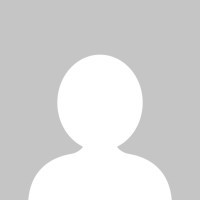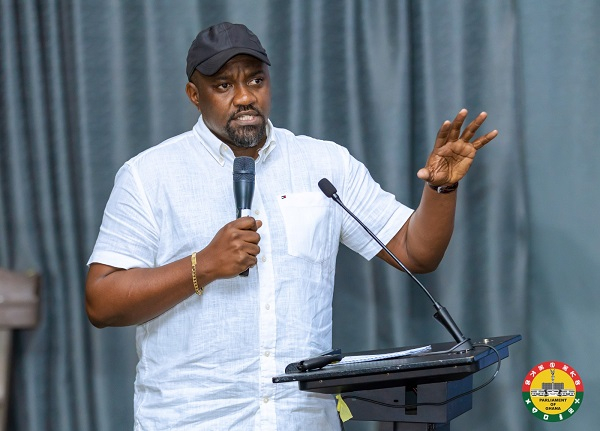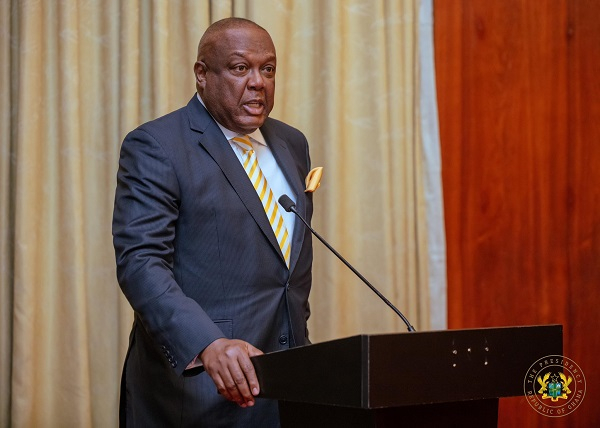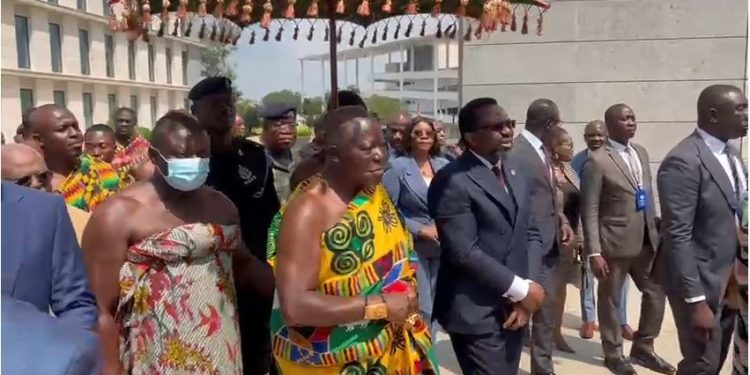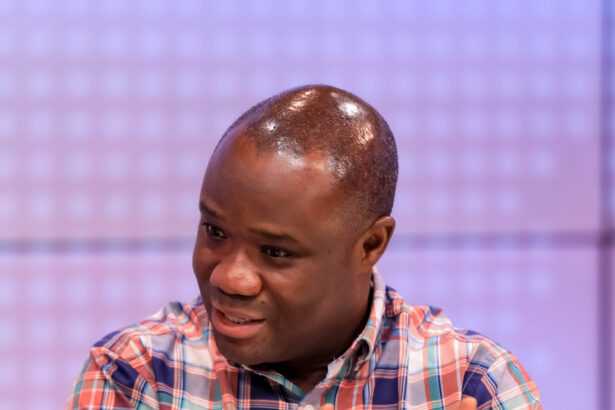Ghana Eyes Electric Vehicle Manufacturing Deal with China’s GAC Group
Ghana’s bold push for economic diplomacy is beginning to deliver tangible results, with Foreign Affairs Minister Samuel Okudzeto Ablakwa revealing that Chinese electric vehicle (EV) powerhouse GAC Group is seriously considering establishing an EV manufacturing plant in Ghana.
A Strategic Industrial Leap for Ghana
Following a high-level official visit to China, Minister Ablakwa disclosed that GAC Group, one of the world’s top EV manufacturers, has shown a strong commitment to industrial partnership with Ghana.
“GAC, a leading electric vehicle manufacturer, has agreed to give favorable consideration to Ghana for the establishment of an EV manufacturing plant,” he announced.
This potential investment, if finalized, could mark a significant milestone in Ghana’s industrialisation strategy, creating thousands of jobs and strengthening the country’s automotive ecosystem.
Why GAC and Why Now?
China currently hosts seven of the world’s top ten EV brands, and is widely regarded as a global leader in electric vehicle technology, operating roughly a decade ahead of most international competitors.
With Ghana’s recent discovery of lithium, a critical resource for EV batteries, the country is uniquely positioned to leverage natural resources and economic policy to attract high-tech manufacturing and transform its industrial landscape.
“Ghana is poised to forge strategic partnerships that leverage our lithium discovery and economic recovery efforts for transformation and massive job creation,” Ablakwa emphasized.
Strengthening Ghana-China Relations Through Economic Diplomacy
Minister Ablakwa expressed his appreciation to the GAC board and management following a productive visit to the company’s Panyu Headquarters, describing the engagement as a “major step forward” in Ghana’s industrial agenda.
He reaffirmed the government’s focus on economic diplomacy, noting that every international engagement must translate into real economic benefits, including investment, innovation, and employment for Ghanaians.
“Our diplomacy must serve the people. It must lead to jobs, technology transfer, and national transformation,” he concluded.
Source: https://www.ghanaweb.com



